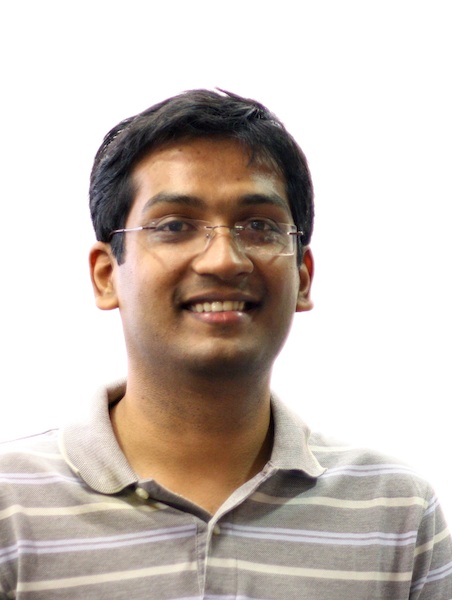This week, I read a few chapters from Daniel Greenberg's Free at Last about the Sudbury Valley School. The concept of the Sudbury School is that there are no "classes". Childern who attend the school can do whatever they mighty please when they come to school. They can play, read, build, make movies, make music etc. Even basic reading and arithmatic are not taught by compulsion.
Now if a bunch of kids want to learn a topic, they can form a group and ask a teacher (yeah there are teachers too) to take classes. The author goes on to explain, that when he teaches arithmatic to a "class", they ususally complete the entire 6 year textbook in 20 weeks! Yes you got that right, 6 years in 20 weeks. This is possible because the students "want" to learn arithmatic and are not forced to learn.
I was wondering if any of this applies to the work environment. What if we let people do what they please so that it would unlock their potential and productivity by a big margin. So we did some brainstorming and here is what we came up with.
From now on, there will be no work assignment at Web Notes. That is, I, will not direct what everyone has to do, everyone can work on whatever they feel is important and interesting to them. The condition is that it should add value to the organization. The other condition is that all customer queries, issues, emails must be replied immediately. Apart from that, there will be no direction.
Now how do we evaluate and sync everyone then? What plan to do is have a Demo Day on the last Thursday of every month. On Demo Day, all team members will present what they did in the month out of their own initiative. What features did they make or what documentation they wrote, or test cases, or a new product, or a new marketing initiative. It could be anything that adds value to ERPNext.
All the Demo Day presentations will be made public on this blog and the best performance (by voting) will get a small cash award of approx (Rs 5000 / $100).
This also means Open Sourcing our management. So look forward to our presentations at the end of the month and follow us to understand how this experiment is working out for us.




·
Hey looking forward to this
·
Brilliant!! There is no better way to unlock the hidden potential of your developers!
·
Really nice experiment. It's a bit "goohlish" where all employee may work 20% of their time on "what
·
It will very helpful to understand deeply ERPNext..